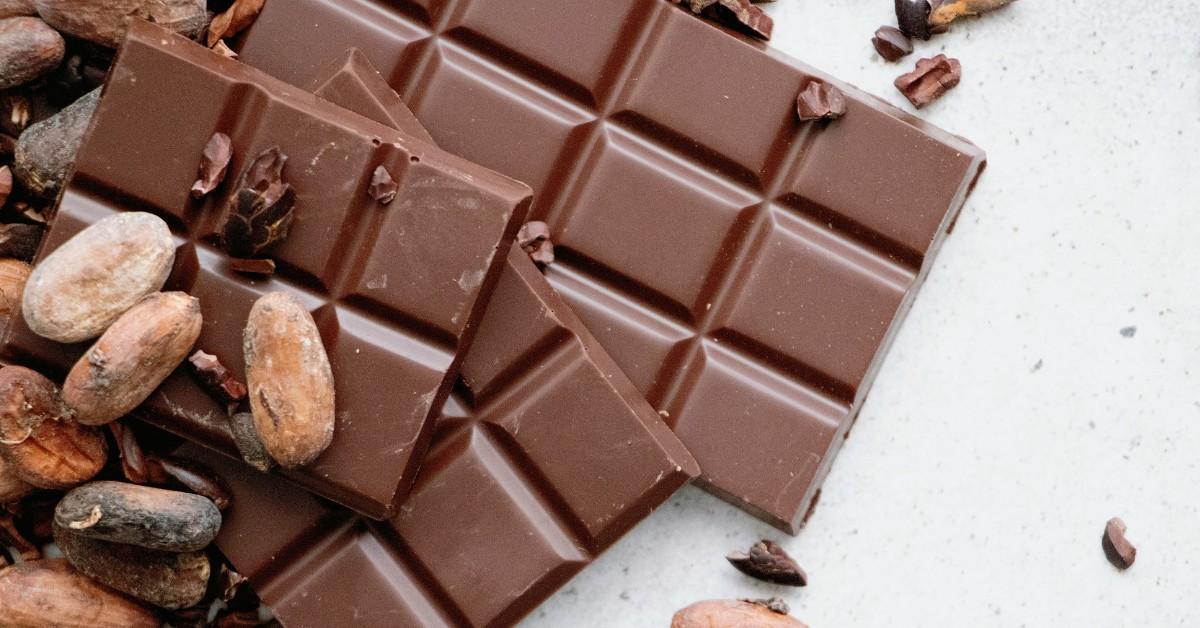Climate Change’s Next Victim May Be Your Favorite Chocolate Candy
Your favorite treats may soon be luxury items.
Published Feb. 13 2025, 2:58 p.m. ET

The crisis may be to blame for rising prices in the candy aisle. According to an analytics company, the price of cocoa — a major ingredient in chocolate candies and treats — has skyrocketed by 200 percent over the past year.
And those prices are being passed onto the consumer in big ways. Not only will a package of your favorite chocolates now cost you even more than before, but they will likely come with a whole lot more filler than you're used to seeing.
That's bad news for anyone with a sweet tooth, since cocoa prices may not come down anytime soon. And unsurprisingly, climate change appears to be the main driver in the increased cost of cocoa.
Given the fact that the use of fossil fuels doesn't seem to be slowing down anytime soon, there's a chance that those prices could even continue to climb. You can read more about the cocoa shortages and concerns below.

The climate crisis is hitting cocoa crops and driving up the prices of chocolate candies.
While Valentine's Day is typically the holiday you expect to see an uptick on the price of chocolates thanks to the increased demand, soon every week could feel like Valentine's Day thanks to a cocoa shortage.
NBC News quoted figures put together by Adobe Analytics, which state that cocoa prices have increased at a breakneck speed over the past year, culminating in an eye popping 200 percent price increase between February 2024 and February 2025.
The reason? A messy period of unpredictable weather that has decimated the West African region where almost all of the world's cacao comes from. Cacao, for those who don't know, is the bean that's used to create cocoa, the most important ingredient used to make chocolate.
Cacao beans thrive in conditions where temperatures don't rise above 89 degrees, according to The Guardian. Additionally, they don't like to get too wet, and they do best with an annual rainfall amount under 2,000 millimeters.
But, 2024 didn't bring them either of those things. Instead, the region where the bean is grown saw approximately 42 days of higher than desirable temperatures and nearly 40 percent more rainfall. That created an environment that was perfect for a combination of pests and fungal diseases, both of which wiped out a massive amount of crops for the season.
There is now a chocolate deficit thanks to climate change.
According to Wells Fargo researchers quoted by NBC News, cocoa supplies are believed to be at a 60-year low. That number breaks down to a 478,000 metric ton deficit, which means that chocolate prices could stay high for a while.
And even when you do find chocolate at a reasonable price, one chocolatier says you may not getting as much of the brown stuff as you'd like, since many candy makers may stuff their products with more filler items to keep costs down.
“We used to look at hazelnuts and pistachio as an expensive inclusion,” New York City chocolatier Jacques Torres told NBC News. “Today, those nuts allow us to lower the cost of our chocolate bar.”
So what does that mean for shoppers? Well, if your go-to gift for holidays like Valentine's Day, Easter, and Christmas happens to be chocolate, you may need to start setting aside a little extra cash to foot the bill.
And with the impacts of the climate crisis predicted to keep getting worse, you may want to hedge your bets and stash some extra money for the following year's holidays as well.